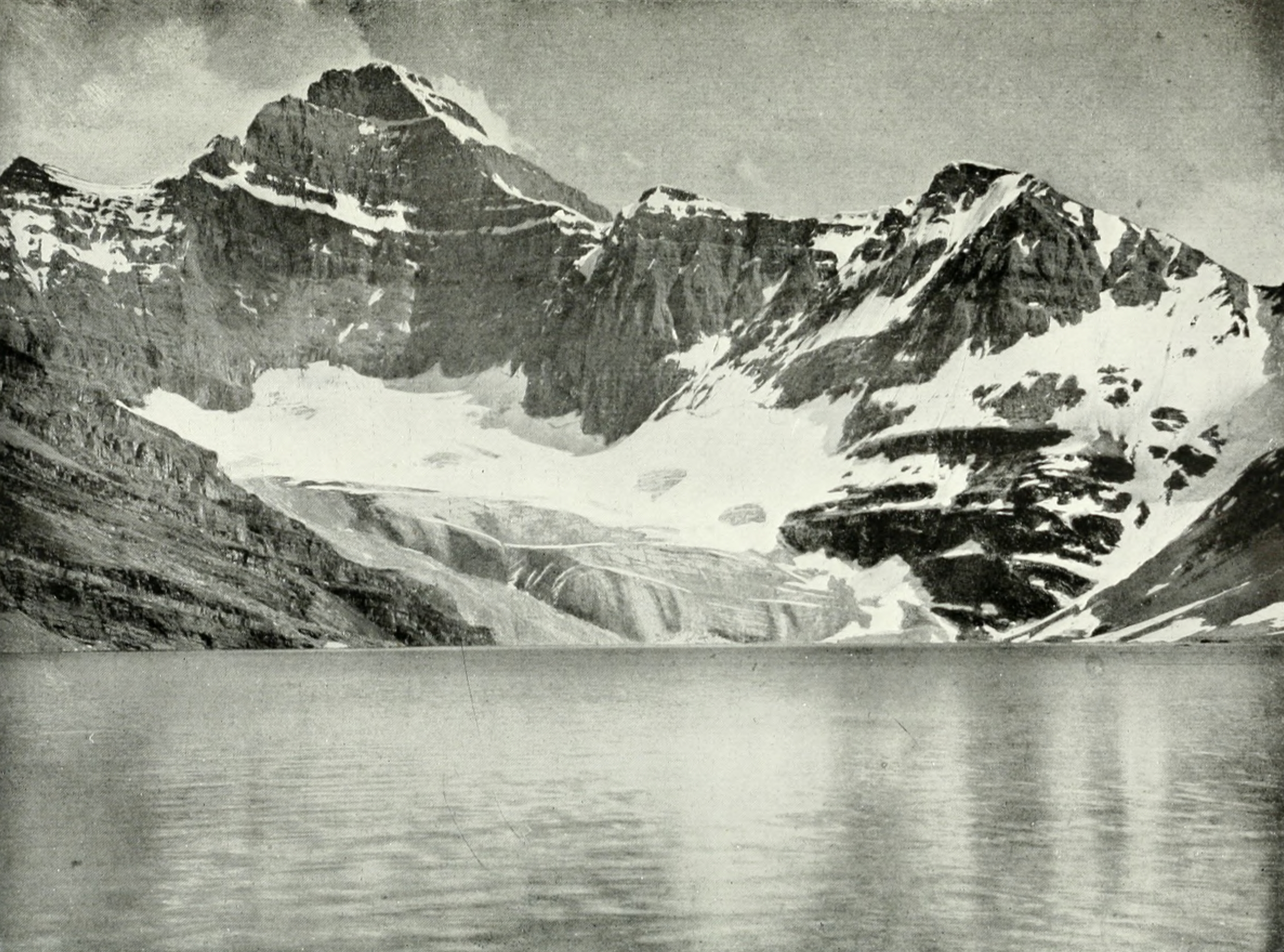University of Cambridge
Mountains
have long been sources of fascination, inspiration and despair,
productive of distinctive ways of thinking and acting among inhabitants,
administrators, scientists, travellers, and distant readers and viewers
alike. ‘Global Mountains’ will be a two-day conference bringing into
conversation scholars from a range of disciplines working on diverse
engagements with and imaginations of mountainous regions. Geographical
features, especially oceans, rivers, and islands, are now frequently
deployed as productive spaces in which to reorient older national or
colonial narratives. Mountains, long on the peripheries of states and
empires as well as scholars’ attention, are beginning to receive
deserved similar consideration. They are increasingly recognised as
providing valuable lenses through which to examine political, social,
and aesthetic issues. As areas of unusual ecological prominence and
environmental agency, they are also vital locales for working through
the more-than-human histories so urgently needed in the Anthropocene.
This
conference will bring together conceptions of mountains as both
subjects of enquiry and the settings of unique human and beyond-human
stories across Africa, the Americas, Asia and Europe. Key themes to be
addressed include the importance of verticality in the history of
scientific practice, the reciprocal effects of mountain environments and
human cultures, and the roles of mountains as borderlands between
states and empires (and thus as spaces that complicate national and
regional boundaries). ‘Global Mountains’ will focus on uplands in
contexts that transcend traditional area studies units, paying
particular attention to issues of scale and exploring how high places
became, and continue to be, units of long-distance theorisation and
comparison. This conference aims to historicise and specify the means by
which mountain spaces have been perceived and acted upon in ways that
render them distinct from lowland settings. It will also investigate how
social sciences and humanities might develop ways of ‘thinking like a
mountain’, generating models and modes of expression that place uplands
at their heart rather than conceiving of them as aberrations from norms
derived from plains and oceans. Through these elements, ‘Global
Mountains’ will seek to reorient understandings of global connections
and processes from the flat to the jagged, and from the horizontal to
the vertical.
We aim to facilitate discussion around, but not limited to, the following thematic sessions:
- Mountain Environments
- Mountain Societies
- Mountain Imaginaries
- Mountain Sciences
- Mountain Politics
This
two-day conference will take place at the University of Cambridge on
July 5-6, 2018. We invite scholars at all career stages to apply, and
very much welcome interest from graduate students and early career
researchers. We encourage submissions from scholars working on mountains
in any related discipline. All speakers will be asked to submit their
papers for pre-circulation in advance of the event, in order to
facilitate in depth discussion, and with a view to publication. Please
send an abstract (300 words or less) and a current CV to globalmountains2018@gmail.com by 15 January 2018.























